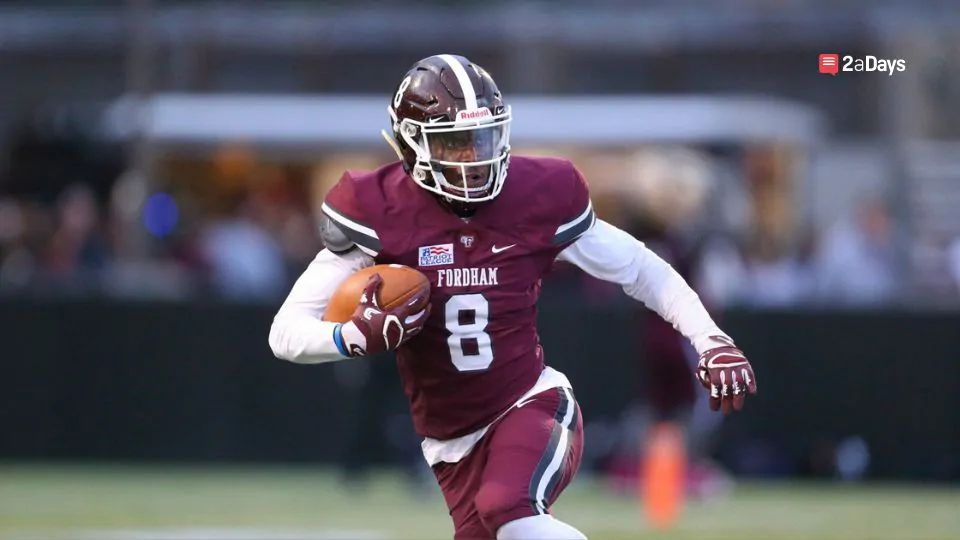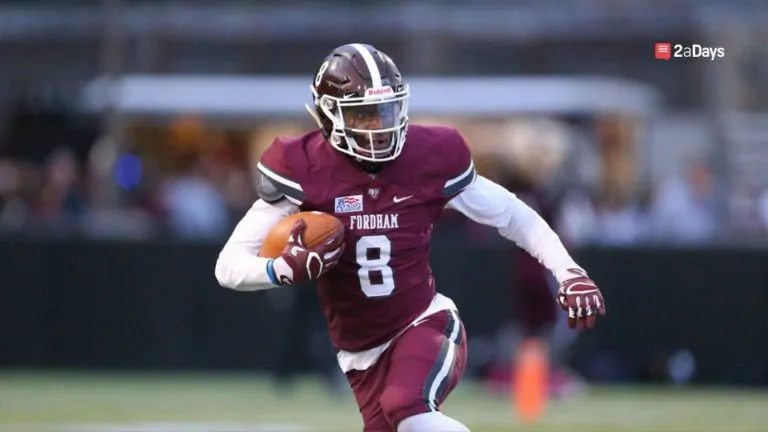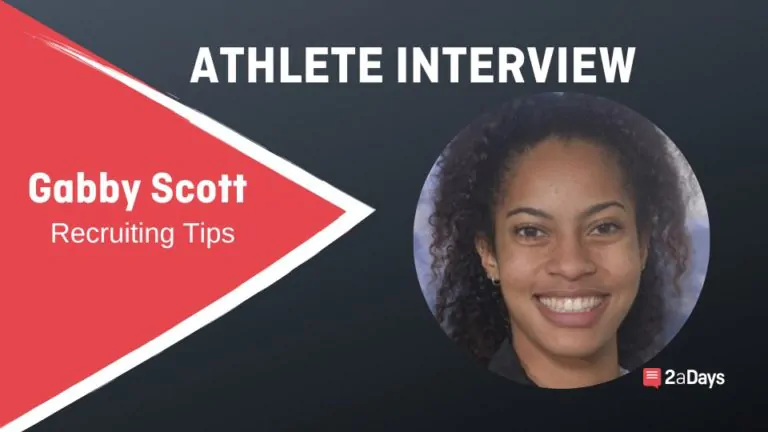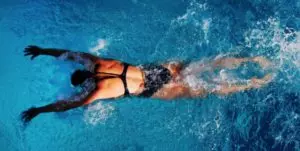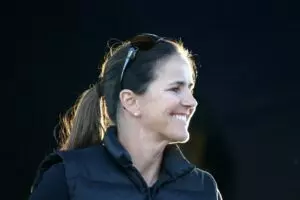Falcons Cornerback Dylan Mabin may be a professional athlete, but he was once a recruit just like you. Here are his 12 tips to help you reach the next level.
If you could go back in time and change one thing that you did during the recruiting process, what would it be?
Consider all of my options, including ones from schools that had losing records and different coaches. Both of these variables can change from year to year.
How did you reach out to coaches/get exposure to be noticed by coaches, and when did you start the process?
At first, I would email all the schools I could think of. After that did not really work, I decided to attend college camps where the coaches would be at. Once I performed well enough at the camp, the coaches [were] easier to reach. Most of my conversations with coaches first took place on Facebook.
Related: Rate your Coaches, Facilities, and Campus Visits
What three characteristics does a high school football player need to be a good team player?
Unselfishness, confidence, and tenacity
Social media is a big concern in today's day and age. How can a high school athlete use social media to their benefit as far as their sport is concerned?
A player can build their brand the way they want it to be built, which can attract colleges. [This] gives players more of an opportunity to be noticed.
What are the two challenges that you faced during your recruiting process, and how did you overcome them?
Being overlooked by bigger colleges and not getting enough exposure. I overcame this by focusing on my senior season of football and letting my film hopefully catch someone's eye. I also began entertaining all levels of colleges and did not focus as much on the D1 aspect.
What was the biggest hurdle that you had as far as transitioning from high school football to college?
For me, it was being away from everybody I knew. I had to create an entirely different network of friends and teammates.
What three things were important to you when looking to play your sport at a college?
Playing time I could receive as a freshman, the network the school could give me for jobs/internships in case professional sports didn't work, and the location of the school.
Related: Thinking Ahead: 5 Jobs College Athlete-Friendly to Put on Your Career Radar
When recruits start to go on official visits, what two questions should they ask a coach?
It depends on their goals for college. I aspired to get to the NFL so mine were about how early I could play, and whether the coach would stay for all 4 of my years at the college.
What would be a do and don't when on an official visit?
Do: get to know all of the recruits, regardless if they are going to commit or not. You never know who that person will be in the future.
Don't: have TOO much of a fun weekend…the coaches want to see how you handle yourself. They'll schedule early days just to test you and see if you're late–things like that.
Related: Dos and Don'ts of Campus Overnight Visits
What is the best piece of advice that a coach has given you, and who was that coach?
As far as a specific sport goes, a coach in my sophomore year named Chili Davis taught me to lay a brick each day of practice. A brick is one thing you can specifically focus on that you want to get better at. If you keep stacking different bricks each day, you begin to build a solid foundation. I use this advice not only for sports, but for different aspects of life.
So many high school athletes are afraid to tell their coach that they are injured because it might affect their potential scholarship. What advice can you give athletes as far as this is concerned–should they tell the coach or not?
I was taught this…if you are hurt, you can play through it. If you are injured, you have to tell someone. Ultimately, the player has to put themselves first if their body is at stake. If the player can't play but the coaches apply pressure to play injured, the player must think longer-term and put themselves first. Again, injury is different from being hurt.
Why did you pick Fordham University to play football?
Combination of possible networks for job/internships after college, respectable football program, and location.
Have a story idea or know an awesome athlete/coach we should interview? Email us at [email protected]
* Originally published on October 7, 2022, by Mckenna Lahr
